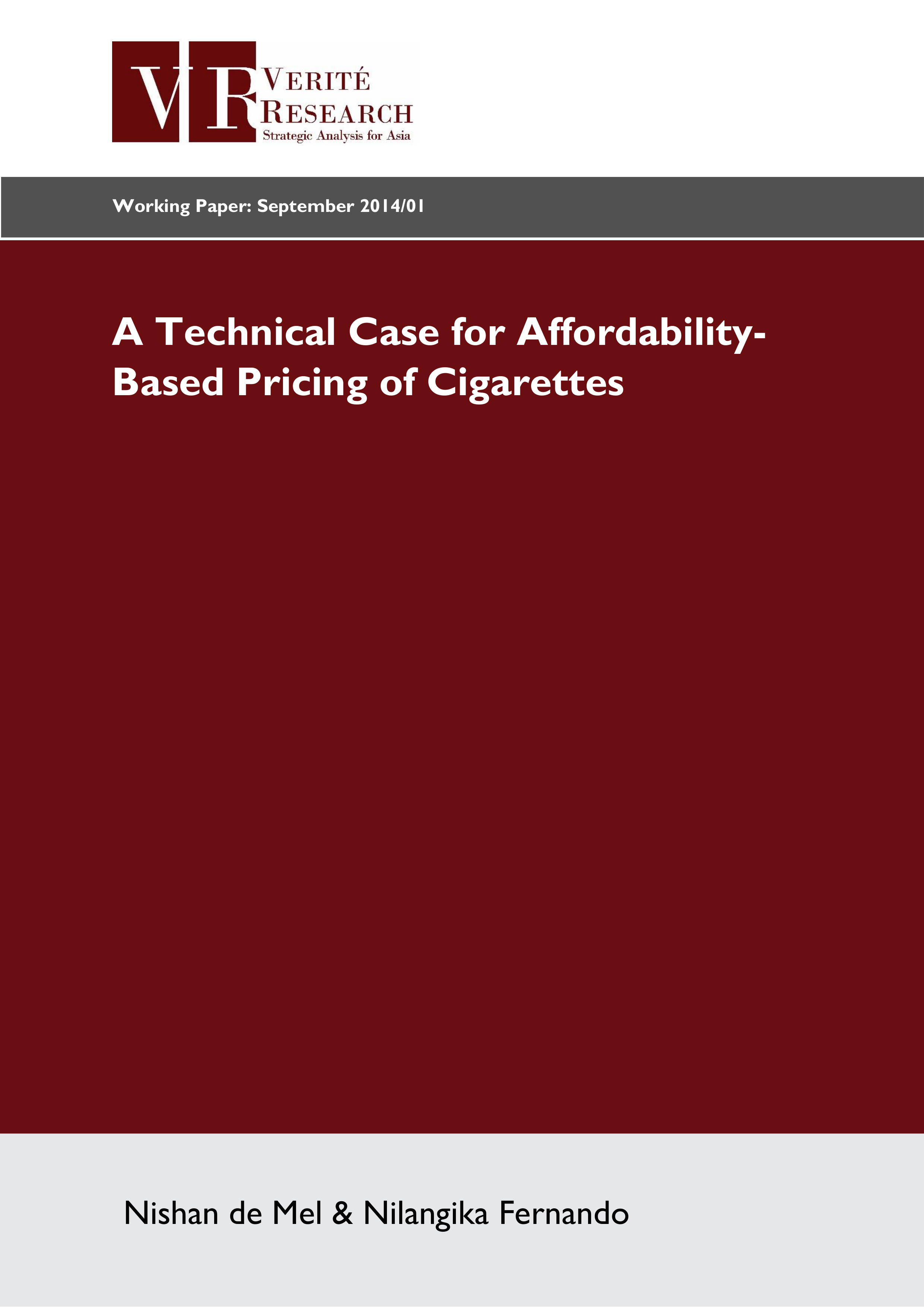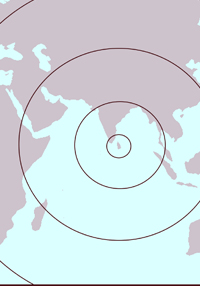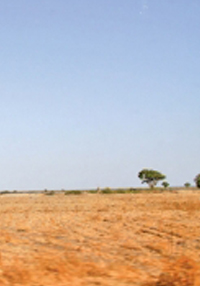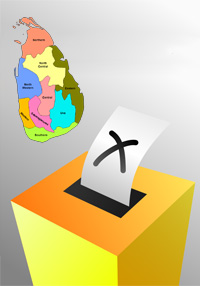The government first raised international debt through bonds in October 2007. Since then several international bonds have been issued to feed the government’s twin demands: financing its spending and propping up foreign reserves. While this trend of foreign borrowing is on the rise, what is happening to the cost of borrowing? And what is the prognosis for the future?
By 2014, tax revenue from cigarettes accounted for over 4.9% of total government revenue. However, thus far, Sri Lanka’s tax adjustments have been ad hoc, and driven by political and bureaucratic discretion rather than a logical, transparent, and systematic policy.
The government estimates that by 2015 per capita GDP will quadruple from what it was in 2004. But this is a mirage: real incomes will not even double in that period. The mirage is created by counting in US dollars and effectively presenting nominal growth in GDP (increased prices) as real GDP growth (increased incomes).
If Sri Lankan Internet Service Providers (ISPs) are blocking news websites without due diligence, then their present and future share values are vul-nerable. This Insight explains what ISPs should do to ensure minimum due diligence, and how they can further protect themselves by following Google’s example in sharing information on government requests.
In this Research Bulletin, we provide a detailed analysis of Sri Lanka’s trade performance during 2013 and the first quarter of 2014. The review highlights the external and internal driversthat shaped Sri Lanka’s external trade developments. The key challenges the country faces in terms of tweaking trade policy to meet the twin objectives of reducing trade deficit and increasing government revenue is discussed in detail. The analysis shows that reducing the trade deficit by curtailing imports may be feasible in the short run, but it will adversely affect government revenue and economic growth.
The report discusses the main challenges faced by individuals and communities in the North and East and examines available solutions in terms of their effectiveness and feasibility. The report also presents a unique perceptual mapping of problems and solutions pertaining to land tenure in conflict-affected areas in the country. The mapping aims to inform decision-making relating to the prioritisation of future interventions.
Variations in the tobacco excise tax affects Rs. 10s of billions in government revenue. Taxation and pricing has been inconsistent. The lack of a consistent method allows wide discretion to officials in determining the tax. Parliament should adopt a formula to keep taxation in line with national policy, treat stakeholders fairly, and prevent discretion from being abused.
This research study on religious discrimination and violence targeting Christians in Sri Lanka is based on over 20 years of reports gathered by the National Christian Evangelical Alliance of Sri Lanka. The methodology used was created by Verité Research in 2013 as a form of classifying incidents reported by religious freedom groups into discernible categories as a way of understanding emerging trends in religious intolerance and violence.
Sri Lanka’s Western and Southern provinces went to the polls on 29 March 2014. The report analyses political party performance across using historical, polling division and preferential vote data sets. It also uses socio-economic data to assess the the impact of social cleavages on voting.









